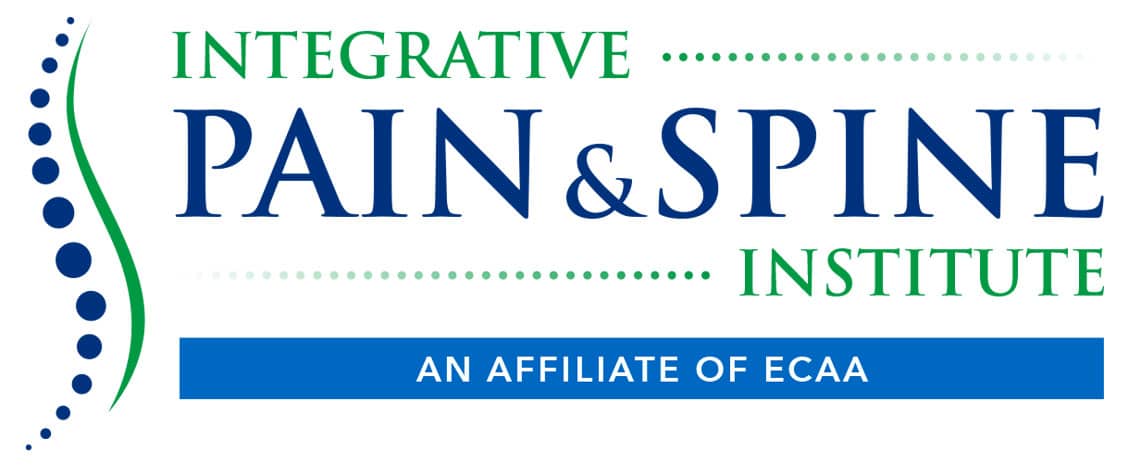Chronic knee pain is a debilitating condition that affects millions of people worldwide, often leading to a significant decrease in quality of life. One of the innovative treatments emerging to address this issue is Genicular Nerve Radiofrequency Ablation (RFA). This minimally invasive procedure targets the nerves responsible for transmitting pain signals from the knee to the brain, offering patients relief from chronic knee pain, particularly when other treatments have failed.
What is a Genicular Nerve RFA?
Genicular Nerve RFA involves using radiofrequency energy to disrupt the function of the genicular nerves, which are sensory nerves surrounding the knee joint. “Genicular” refers to the nerves that feed the knee joint. By applying this energy to these nerves, the procedure effectively reduces their ability to transmit pain signals. The process involves the following key steps:
- Pre-Procedure Evaluation: Before the procedure, a thorough medical history, physical examination, and often diagnostic nerve blocks to confirm that the genicular nerves are the source of the pain.
- Procedure Preparation: The patient is positioned comfortably, and the knee area is sterilized. Local anesthesia is administered to numb the area where the needles will be inserted.
- Needle Insertion: Using fluoroscopic (X-ray), Dr. Manvar will insert needles near the genicular nerves.
- Application of Radiofrequency Energy: Once the needles are in place, radiofrequency energy is delivered through the needles to the targeted nerves. This energy generates warmth, creating a lesion on the nerve, which disrupts its ability to transmit pain signals
- Post-Procedure Care: After the procedure, the patient goes home the same day. Pain relief may develop gradually as the nerve disruption takes effect
When Should You Consider a Genicular RFA?
Generally, it’s time to talk to your doctor about treatment options when you experience:
- Knee pain that’s getting worse
- Popping or cracking sounds in the knee
- Swelling or tenderness in the knee
- Buckling or locking of the knee
- Mobility issues
- Knee deformities
Who is a Candidate for a Genicular RFA?
Patients who have tried other therapies for knee pain, including surgery, with little to no success are good candidates for genicular nerve radiofrequency ablation. These could include individuals who:
- Don’t qualify for knee surgery
- Desire to avoid knee surgery
- Have already had knee surgery with minimal results
- Experience other knee pain in addition to arthritis pain
- Have tried other therapies for knee pain with limited success
Genicular nerve radiofrequency ablation can also be done along with knee replacement surgery to enhance the results.
What Are the Benefits of a Genicular Nerve RFA?
- Effective Pain Relief: Clinical studies have shown that genicular nerve RFA can provide significant pain relief for patients suffering from chronic knee pain, particularly those with osteoarthritis or persistent pain following knee surgery.
- Minimally Invasive: The procedure is minimally invasive, requiring only small needle insertions, which reduces the risk of complications and shortens recovery time compared to surgical options.
- Long-Lasting Results: Pain relief from genicular nerve RFA can last for six months to two years, and the procedure can be repeated if necessary.
- Improved Mobility and Quality of Life: By reducing pain, the procedure can help improve the patient’s ability to perform daily activities and enhance their overall quality of life.
Genicular Nerve RFA represents a promising advancement in the management of chronic knee pain. By targeting the nerves responsible for pain transmission, this minimally invasive procedure offers significant relief for patients who have not responded to conventional treatments.
If you or someone you know is struggling with chronic knee pain, consult with Dr. Manvar to discuss whether genicular nerve RFA might be a suitable option. To schedule a consultation contact us at 704-317-1440.
